german phrases for beginners
-
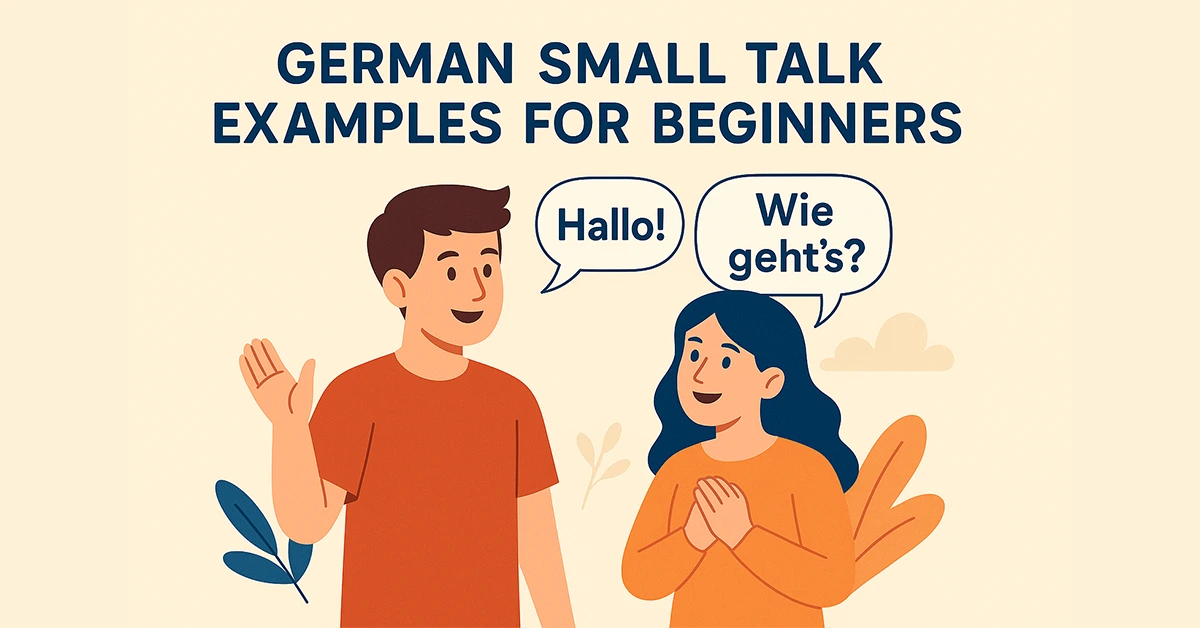
German Small Talk Examples for Beginners
Learn how to master German small talk with practical examples, beginner-friendly dialogues, and key phrases for real-life situations. Boost your confidence in everyday German conversations!
-
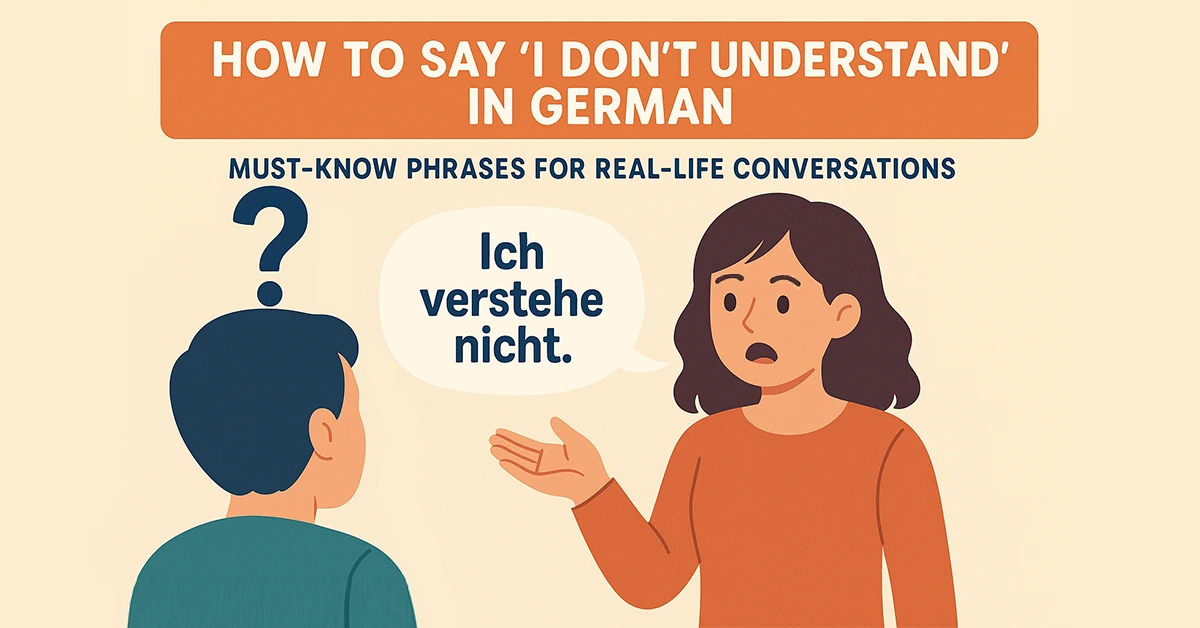
How to Say “I Don’t Understand” in German – Essential Phrases
Learn how to say “I don’t understand” in German with essential phrases, polite alternatives, real-life examples, and pronunciation tips to boost communication.
-
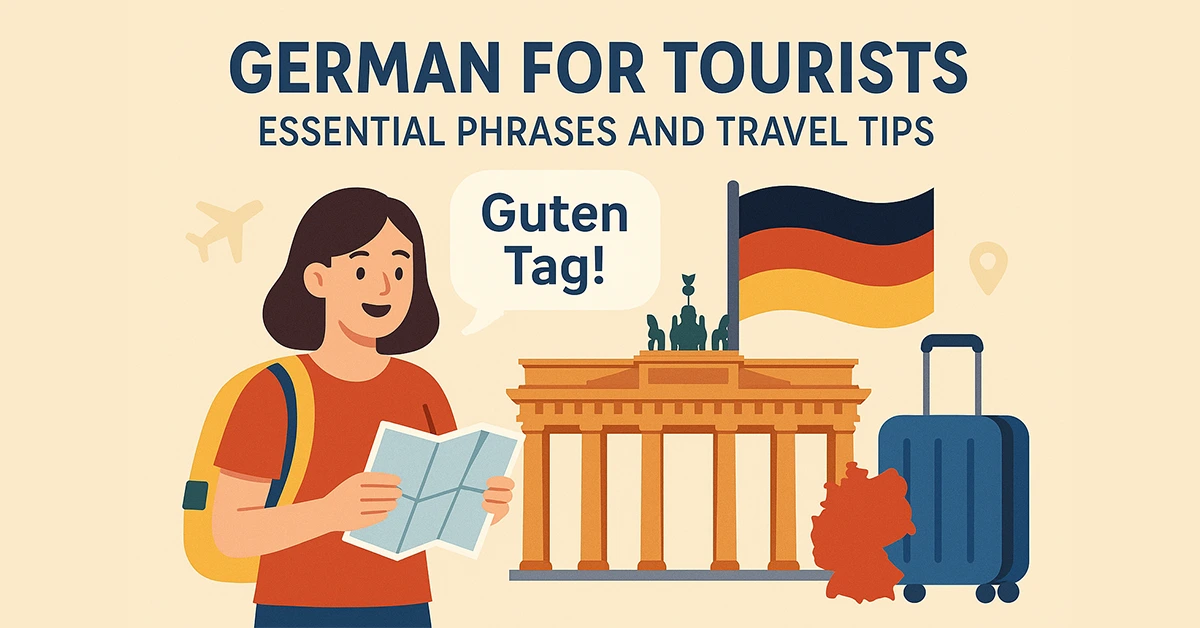
German for Tourists: Essential Phrases and Travel Tips
Traveling to Germany? Learn essential German phrases for tourists including directions, food, shopping, hotels, and emergencies. Speak with confidence on your next trip!
-
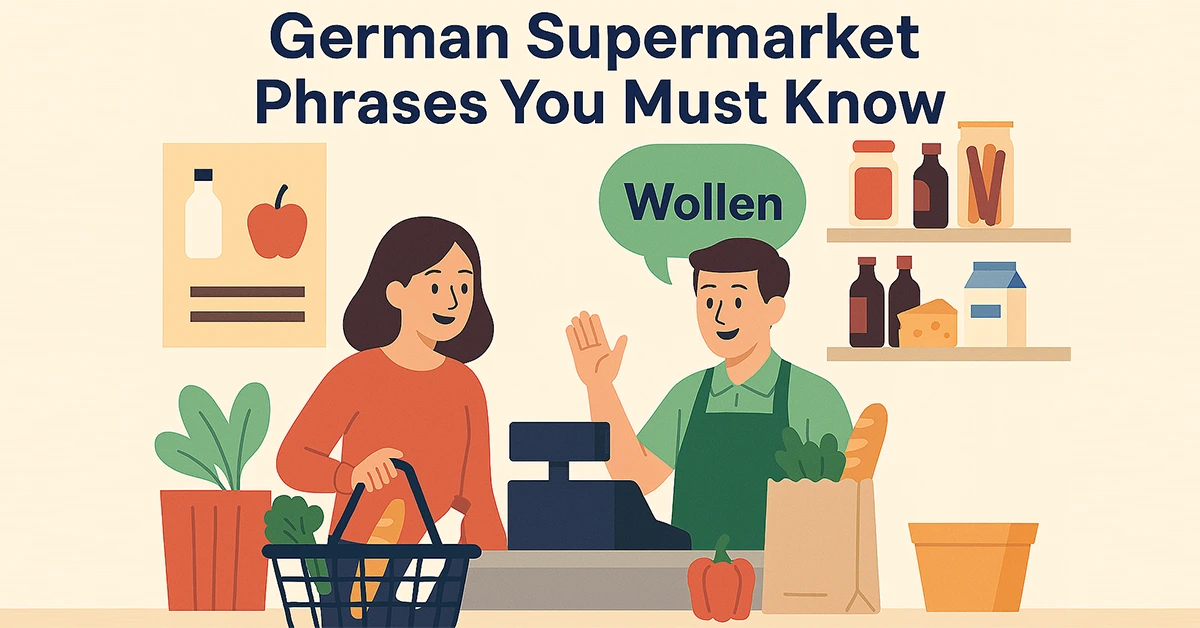
German Supermarket Phrases You Must Know
Learn essential German supermarket phrases for your next grocery trip in Germany. Master expressions for asking prices, reading labels, and getting help, with examples.
-
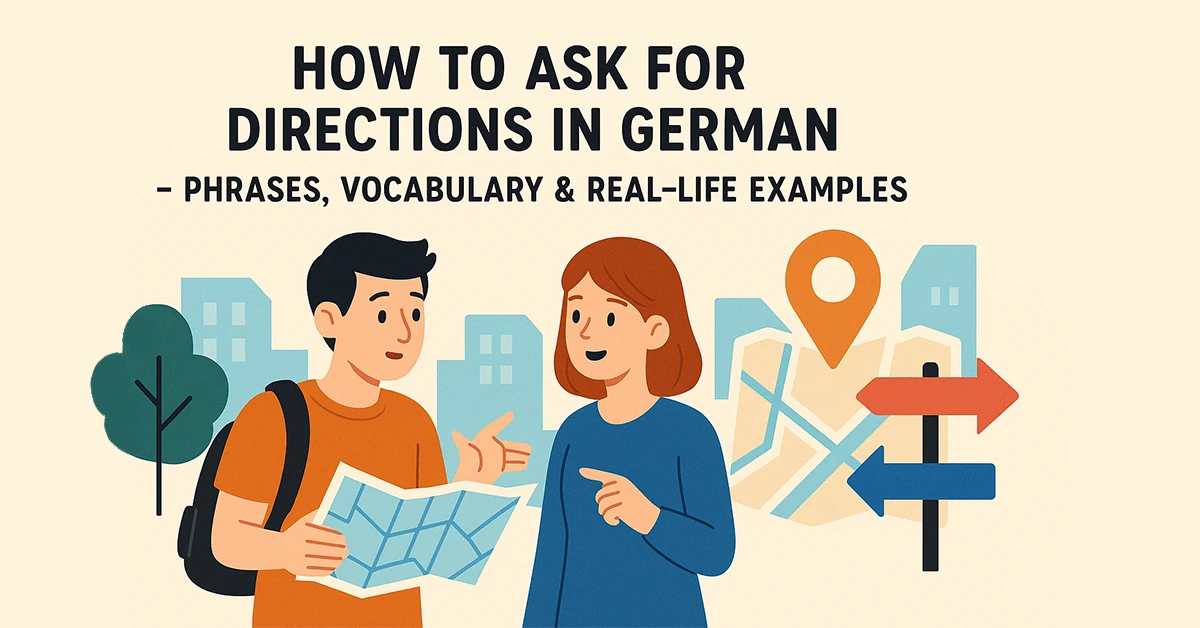
How to Ask for Directions in German – Key Phrases & Examples
Learn how to ask for directions in German with essential phrases, vocabulary, and real-life dialogues. Master polite questions, landmarks, and direction words.
-
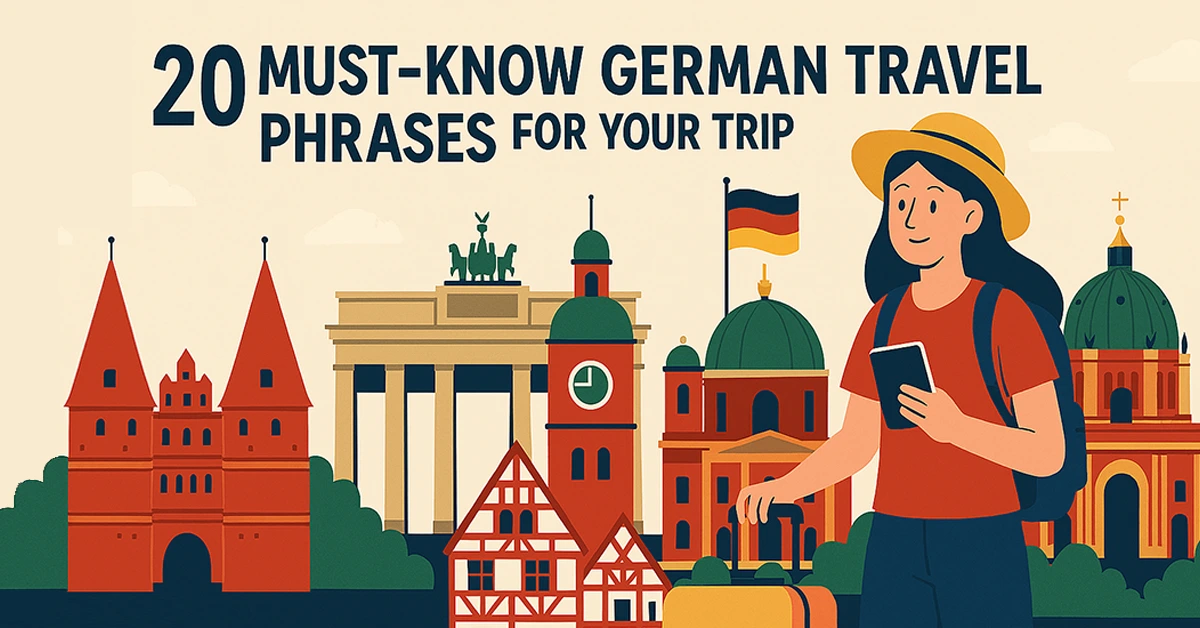
20 Must-Know German Travel Phrases for Your Trip
Learn 20 essential German travel phrases to navigate your trip with ease. From greetings to emergencies, this guide helps you speak German confidently on your vacation.
-
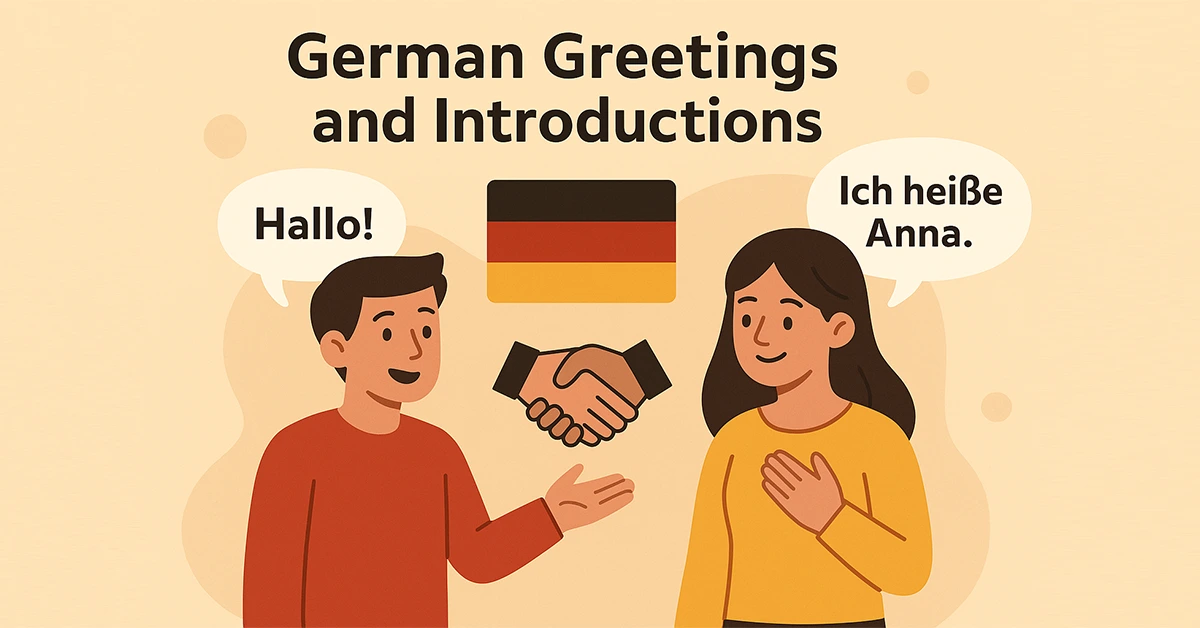
German Greetings and Introductions
Master German greetings and introductions with real-life phrases, audio, and etiquette tips. Learn how to say hello, introduce yourself, and impress in German!